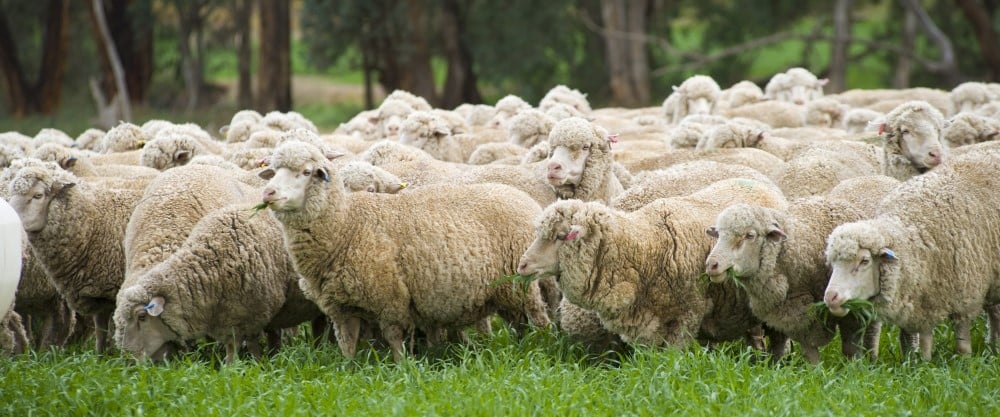
A new framework for sustainable sheepmeat and wool
learn more
|
Animal Welfare |
Australian red meat producers are well aware of their responsibilities towards their animals, and recognise that livestock care is fundamental to the success and sustainability of every farm, transporter, and processor. That’s why the Australian red meat industry is committed to maintaining a high level of animal welfare practices, ensuring that all our livestock are well cared-for. |
TOPICS COVERED |
|
Environmental Sustainability |
The Australian red meat industry recognises that its practices – like all industries – have an environmental impact. But more so than many industries, our livelihoods depend on the land. We also know that consumers expect environmentally sustainable ways of working, and that European consumers are particularly aware in this area. |
TOPICS COVERED |
|
Food Safety |
The Australian red meat industry is committed to producing safe, high-quality product for export. As well as being internationally recognised as being free of all major epidemic livestock diseases, Australia has developed a lifetime traceability and food integrity system. |
TOPICS COVERED |
|
Supply Chain |
Although a large landmass, Australia produces only a small portion of the world’s red meat. In 2018, Australia produced around 3% of the world’s beef, and an even smaller percentage of sheepmeat. Compared with the EU, which produces 11% of the world’s beef, Australia is a small producer. |
TOPICS COVERED |
|
Trade & Statistics |
Australia and the EU are longstanding and like-minded trade partners, with overall bilateral trade in goods worth €38.6 billion in 2019. This includes trade in agrifoods, worth a total of €4.20 billion in 2019. The balance of trade is in the EU’s favour in this area, with a trade surplus of €1.9 billion in 2019. For example, 2019 EU pork exports to Australia (€257 million) comfortably outweighed Australian beef exports to the EU (€132 million). |